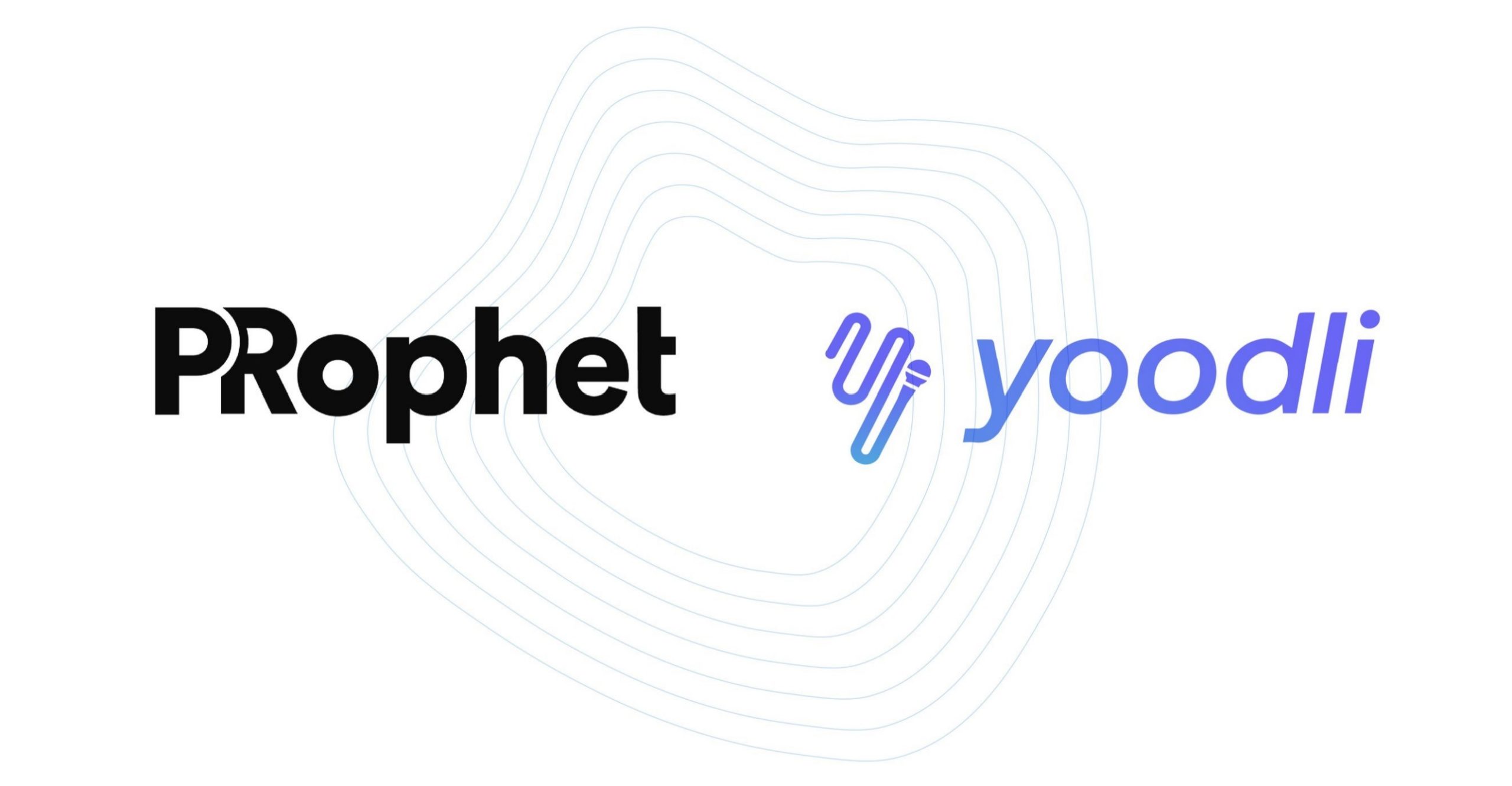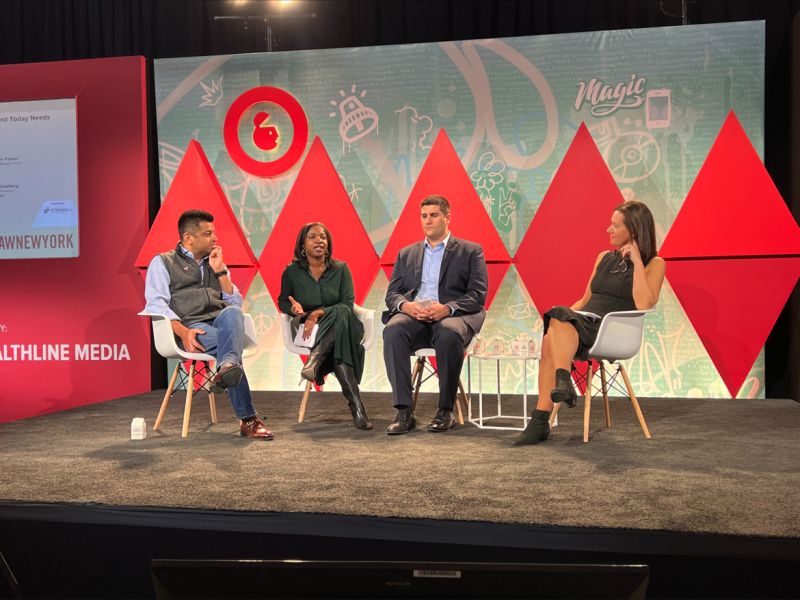From the recent boom of AI-generated art, blockchain, NFTs and the metaverse to the rapid expansion of applied technology across all industries, AI and related technologies has emerged from the fringes of tech and science fiction movies to the mainstream right before our eyes.
In public relations, we’re also seeing the rapid adoption of tech platforms. Billion dollar valuations and interest from VCs and PE firms are being fueled by a seemingly voracious appetite for PR tech that improves performance using data, not just our guts. Communications professionals have always been looking for ways to work more efficiently (and effectively) and AI is now becoming a valuable asset in the pursuit of that goal. More and more, AI is being tapped to improve earned media campaigns, one-off projects and pitches of all kinds.
But as the market for AI tools grows, so do questions around ethics, specifically data privacy. In a recent survey, created in partnership between PRophet and The Harris Poll, we found that data privacy is a key concern for 84% of PR professionals, yet the overall understanding of the information stored by PR tech platforms is low.
When PR professionals upload their pitches onto a third-party software platform, they’re also handing over a heap of valuable data, often times material non-public information that needs to remain confidential. Content like media lists, pitches and press releases live on these full-suite platforms with little knowledge or understanding of its long-term life span. This transaction may not seem too compromising in the moment, but behind the scenes, some platforms could be data-mining or cross-contaminating the content.
But it’s not just those platforms that benefit — it can also be rival agencies and brands. When platforms store your data, the “insights” can be used in a number of ways, including shared externally with unauthorized third-parties. The nature of our work in PR is often sensitive, particularly when planning for major corporate news announcements, which demands complete faith in the platforms our teams leverage to prepare for such work. In the same PRophet/Harris Poll survey, 90% of PR professionals said it’s important that all data related to the pitch process belong to and stay with their organization. Long gone are the days of the “Bacons” telephone books listing media contacts and rolodexes (look it up) that sit on our desks. As our industry — and our world — continues to grow its reliance on tech, we also become further susceptible to all of its risks and dangers. When clients entrust PR pros to keep the contents of their announcements and media outreach confidential, both parties are forced to rely on the strength of the platform’s security.
The threat on data security is exacerbated by the lack of regulation in the space. Considering the novelty of AI in our industry — it can still be likened to the Wild West — there’s little to no generally agreed-upon guidelines or codes of conduct in place, opening up the door for companies’ proprietary data to be leveraged by platform providers, fellow competitors, or worse, cybercriminals.
Until more concrete regulations are established, these substantial risks pose the threat of damaged reputation — both for our clients, and for our industry as a whole. So it’s critical that you ask your technology partner the following questions:
- What information security (infosec) protocols are in force? Can you please share your documentation with us?
- Do you store my data? Where and for how long?
- How are you ensuring that my data can’t be compromised by bad actors?
Despite the growing pains we are seeing at the moment as the tech is further integrated into our work, AI truly holds the potential to revolutionize the PR industry for the better — when utilized properly, of course. As more PR tech platforms emphasize ethics and acknowledge the importance of data privacy, the unique relationship between tech and PR will grow even stronger.

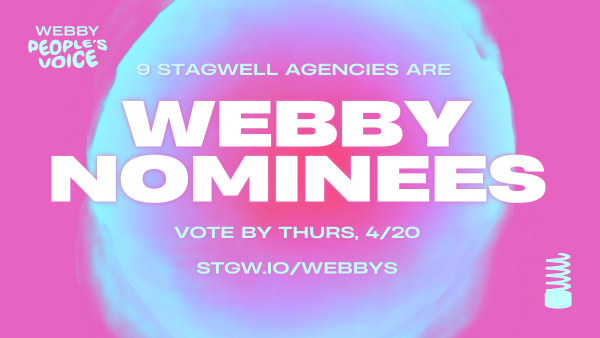

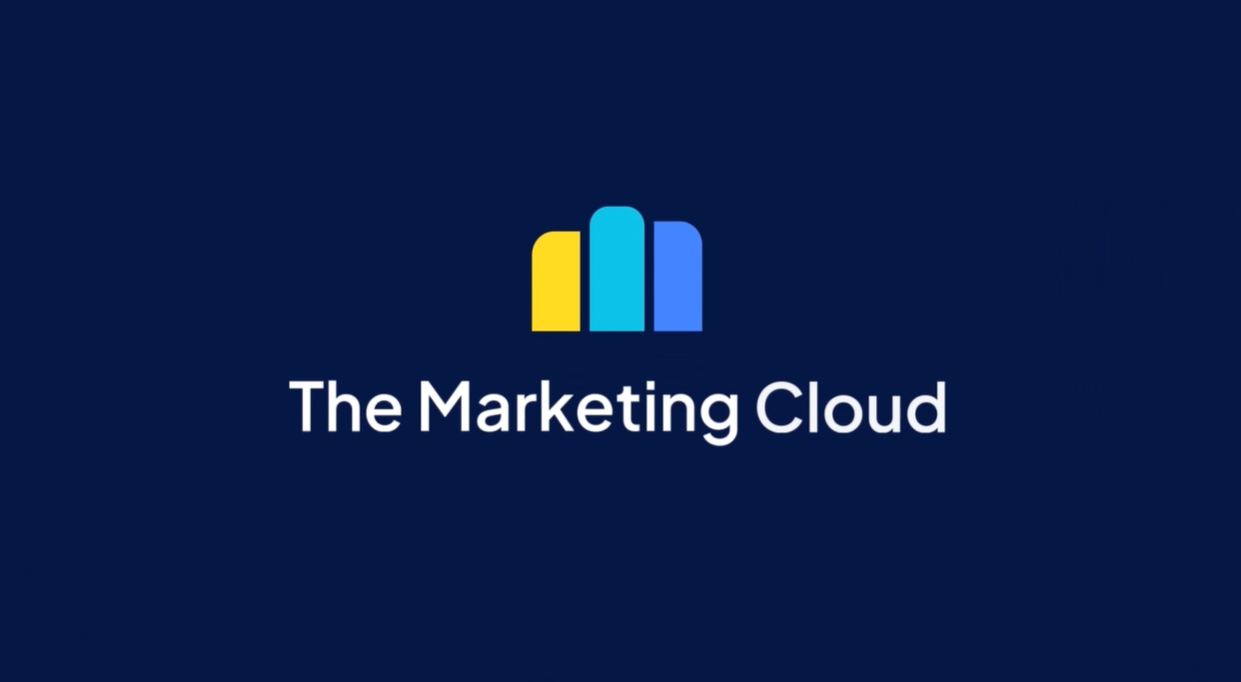




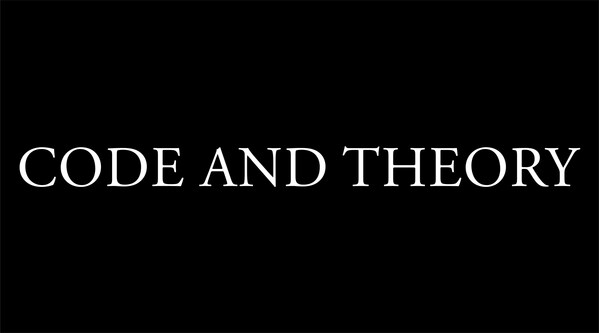

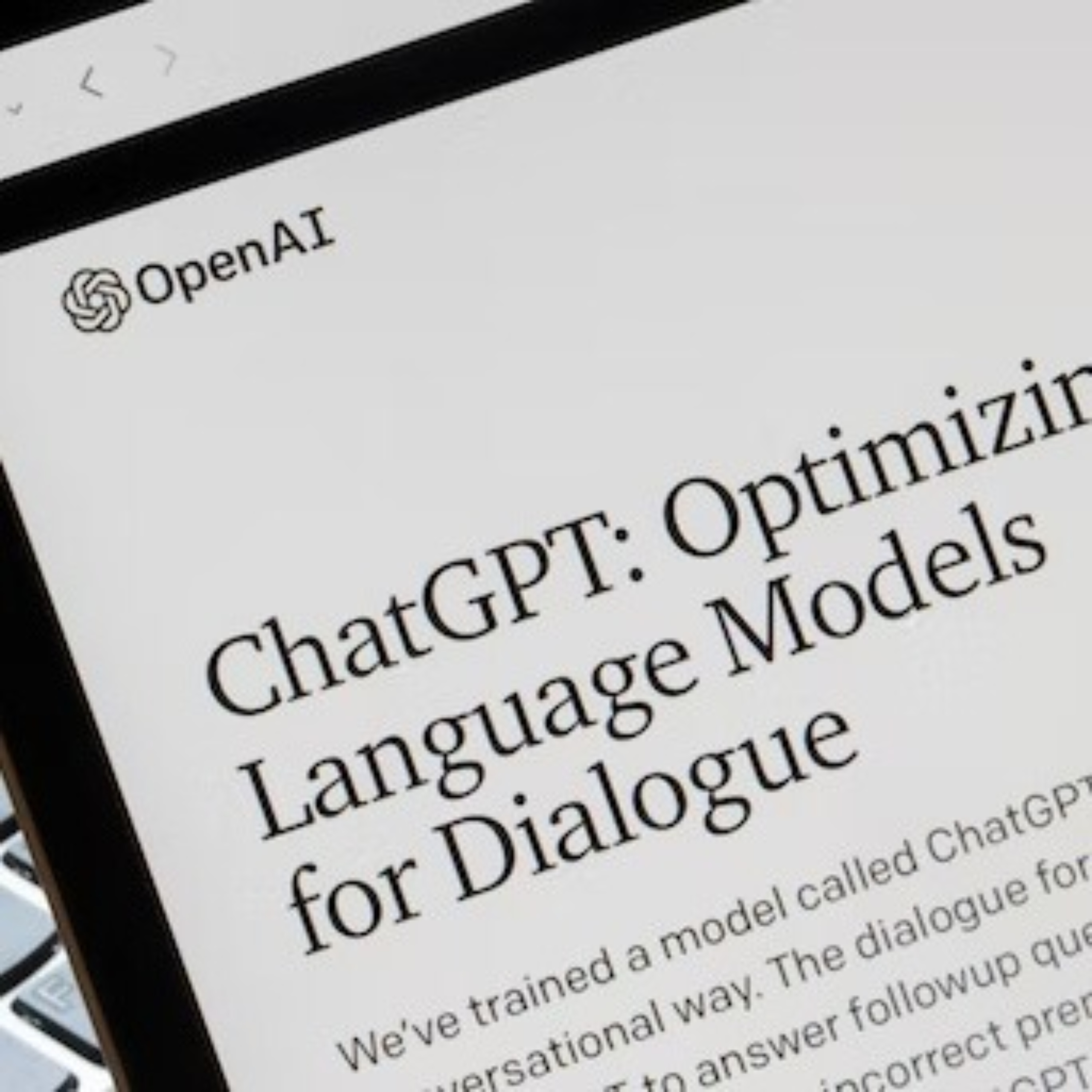





 But I’m choosing, for now, to see the inkwell as half full. Just like Photoshop didn’t eliminate art directors and designers, ChatGPT won’t make copywriters obsolete.
But I’m choosing, for now, to see the inkwell as half full. Just like Photoshop didn’t eliminate art directors and designers, ChatGPT won’t make copywriters obsolete. 
